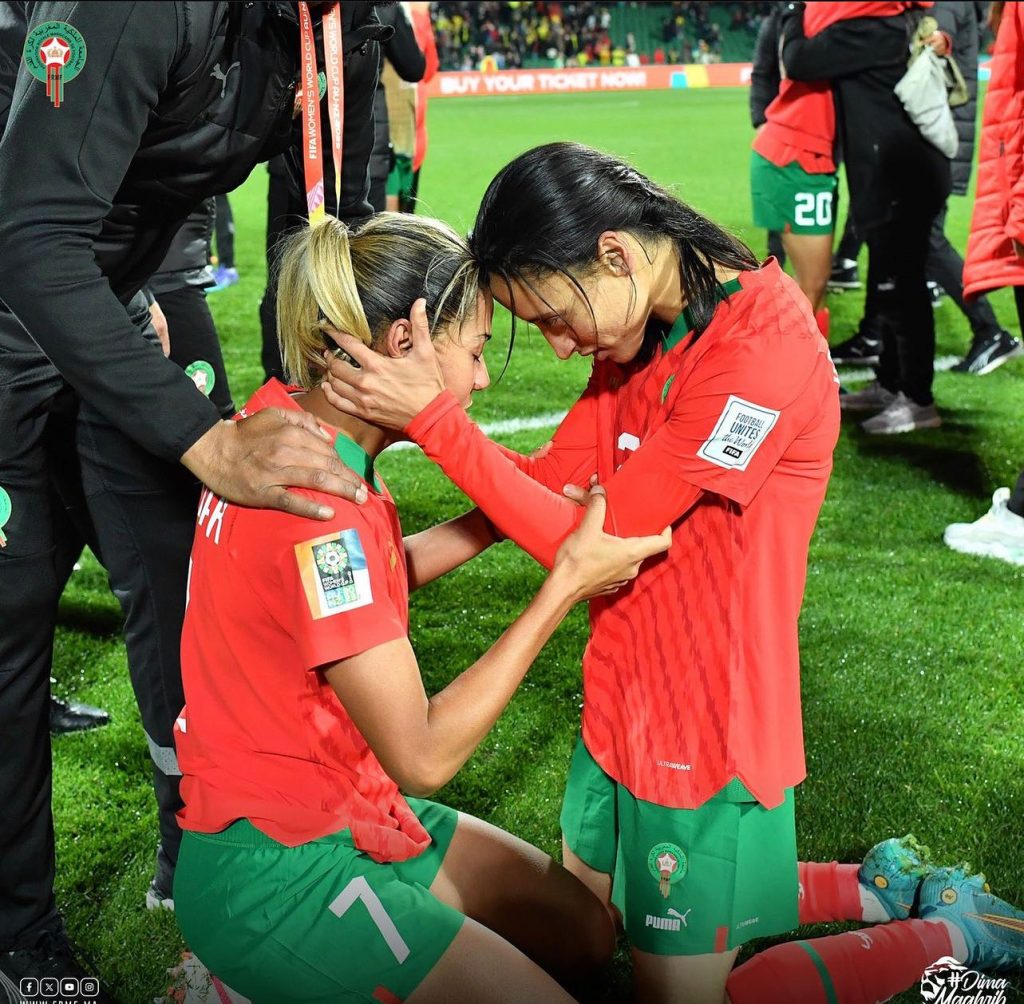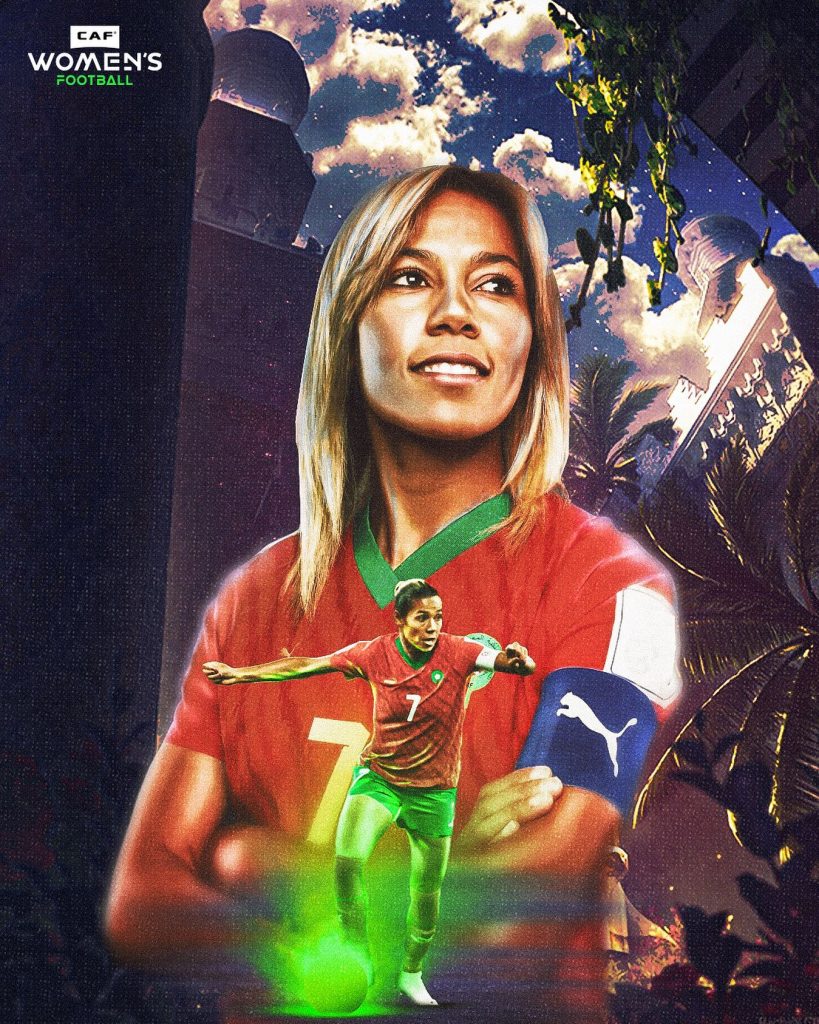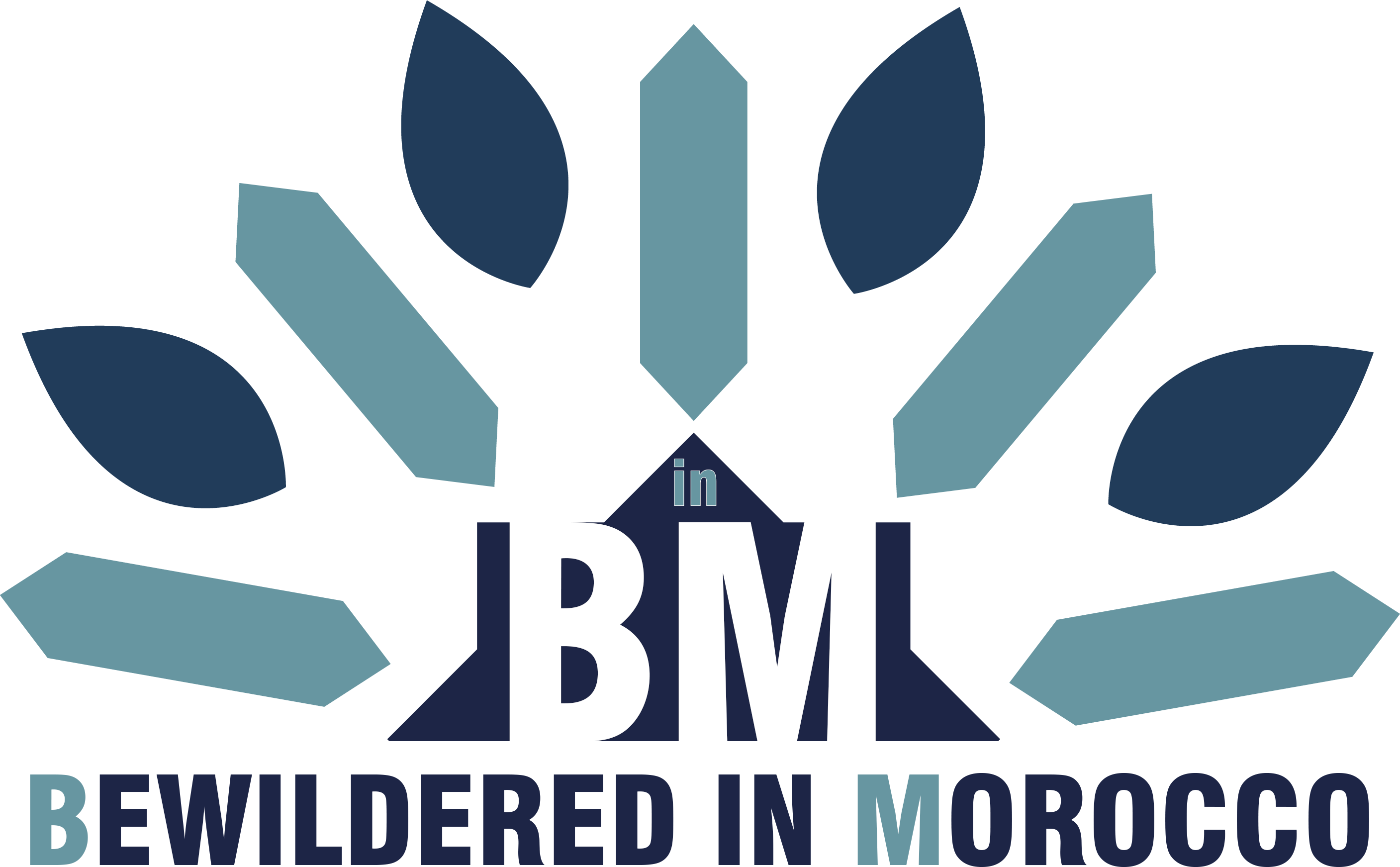I’ve witnessed firsthand how women’s football has evolved in Morocco, and no story better exemplifies this transformation than that of Ghizlane Chebbak. Born into a football family on July 17, 1990, in Casablanca, she’s not just making history – she’s revolutionizing women’s football in North Africa.
A Legacy in the Making
As the daughter of former Moroccan national team player Larbi Chebbak, football runs in Ghizlane’s blood. But unlike many female athletes in the region, she was fortunate to have her family’s complete support. Her father’s encouragement was particularly crucial, helping her navigate a sport traditionally dominated by men.

<script async src="https://pagead2.googlesyndication.com/pagead/js/adsbygoogle.js?client=ca-pub-2582213353224145"
crossorigin="anonymous"></script>
<!-- BWM SIDE & IN PAGE -->
<ins class="adsbygoogle"
style="display:block"
data-ad-client="ca-pub-2582213353224145"
data-ad-slot="5956219397"
data-ad-format="auto"
data-full-width-responsive="true"></ins>
<script>
(adsbygoogle = window.adsbygoogle || []).push({});
</script>Breaking Barriers
Ghizlane’s journey wasn’t always smooth. As the only girl playing football in her neighborhood, she faced initial skepticism. However, her exceptional skills spoke louder than any doubts. Her father’s search for a women’s team led her to Ain Sebaa Casablanca, where coaches often had her train with boys to enhance her competitive edge.
Rise to Professional Status
Her professional journey began with Rachad Bernoussi in Casablanca, where she finally found other women who shared her passion for football. By 2007, at just 17, she earned her first national team call-up – a moment that would define her career trajectory.

<script async src="https://pagead2.googlesyndication.com/pagead/js/adsbygoogle.js?client=ca-pub-2582213353224145"
crossorigin="anonymous"></script>
<!-- BWM SIDE & IN PAGE -->
<ins class="adsbygoogle"
style="display:block"
data-ad-client="ca-pub-2582213353224145"
data-ad-slot="5956219397"
data-ad-format="auto"
data-full-width-responsive="true"></ins>
<script>
(adsbygoogle = window.adsbygoogle || []).push({});
</script>International Success
2022 proved to be a landmark year for Ghizlane. She led Morocco to a historic second place in the Africa Women’s Cup of Nations and became the first Arab woman to be named Africa’s best female footballer. Her leadership continued to shine as she captained Morocco to the Round of 16 in the 2023 FIFA Women’s World Cup, outperforming football giants like Germany.
A Legacy Beyond the Field
With about 20 international goals to her name and numerous domestic titles with AS FAR (Royal Army Club), including 10 league championships and 9 Morocco Cups, Ghizlane has become more than just a footballer – she’s become a symbol of possibility for young Moroccan girls.
Her success story is particularly inspiring because it shows how talent, family support, and determination can break through traditional barriers. As captain of the national team, she’s not just leading on the field; she’s paving the way for the next generation of female footballers in Morocco and the Arab world.
Have you watched Ghizlane play? I’d love to hear your thoughts about her impact on Moroccan football in the comments below!
